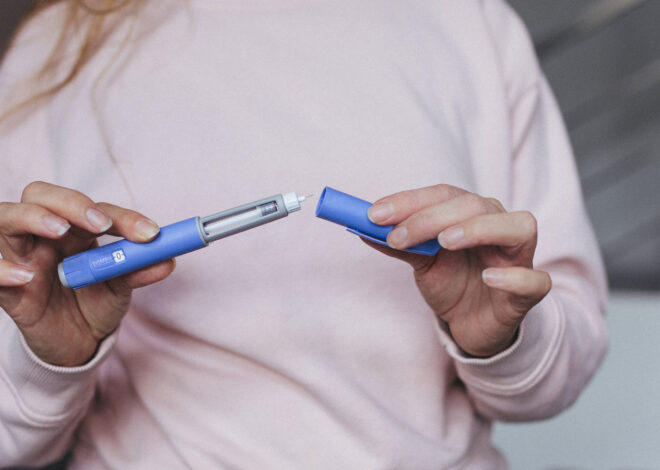
When You Drink Orange Juice For Breakfast, This Is What Happens To Your Cholesterol – Health Digest
Nothing goes better with a breakfast plate of eggs, bacon, and pancakes than a tall glass of orange juice. According to experts at Hartford HealthCare, orange juice may lower one’s risk for chronic diseases, reduce inflammation, and make one less susceptible to kidney stones. Researchers from a 2024 study published in the scientific journal Nutrients also found that drinking 100% fresh-squeezed OJ before eating food appeared to lower blood sugar levels in healthy adults, as opposed to drinking a sugar-sweetened orange beverage. In addition to these numerous health benefits, can a morning glass of orange juice also potentially benefit our cholesterol health?
Natural orange juice is rich in vitamin C, fiber, potassium, folate, and much more. A 2023 research article published in the Journal of Nutritional Science outlines how this breakfast favorite may not do much in the way of lowering total cholesterol or boosting HDL “good” cholesterol, but that it may improve our LDL cholesterol levels, or “bad” cholesterol.
The effects of orange juice on cholesterol levels
The 2023 systematic review and meta-analysis involved nearly 400 participants. Orange juice supplementation proved to have little effect on total cholesterol levels or HDL cholesterol levels, with some research showing a reduction in “good” cholesterol levels in women. However, daily doses exceeding 500 milliliters of orange juice proved to significantly decrease LDL cholesterol levels. This was particularly evident in studies that lasted at least eight weeks.
That being said, some research shows orange juice may indeed have an effect on total cholesterol levels, as well as LDL cholesterol. In a 2013 study published in Lipids in Health and Disease, researchers examined the long-term effects of drinking orange juice on the cholesterol levels of individuals employed at an orange juice factory. The examination revealed 41% of employees drank 2 cups of orange juice each day for a year or more, with the remaining employees never drinking orange juice. Compared to those who weren’t OJ-drinkers, employees with normal cholesterol levels or mildly high cholesterol were found to have lower total cholesterol and LDL cholesterol levels in connection with drinking orange juice.
Picking the healthiest OJ products and timing consumption
To ensure orange juice benefits your overall health, registered dietitian nutritionist Melissa Keeney tells Hartford HealthCare that pulp is better than no pulp. “The pulp contains fiber, which regulates the digestive system and keeps blood sugars more stable,” she stated. You’ll also want to be on the lookout for orange juice products that promote being lower in calories. While this may initially sound like a health benefit, products containing 50% less calories means that the nutrient content is also being cut in half by added water.
Finally, what about sugar concerns? Orange juice is high in natural fruit sugar, otherwise known as fructose. Findings of a 2018 mouse study published in Cell Metabolism suggest that fructose is predominantly broken down in the small intestine. This processing was originally believed to take place in the liver, but high levels of fructose can be challenging for the small intestine to fully metabolize, increasing the risk of fruit sugar reaching the liver, which may potentially be detrimental to our health. The study author advocates for mindful consumption of fruit juices, and further notes that drinking orange juice following breakfast may be a healthier choice than immediately upon waking up. More research on optimal timing of OJ consumption appears to be needed, however, as researchers from the previously mentioned 2024 study pointed out how drinking 100% natural OJ prior to a meal may oppositely benefit our blood sugar.





